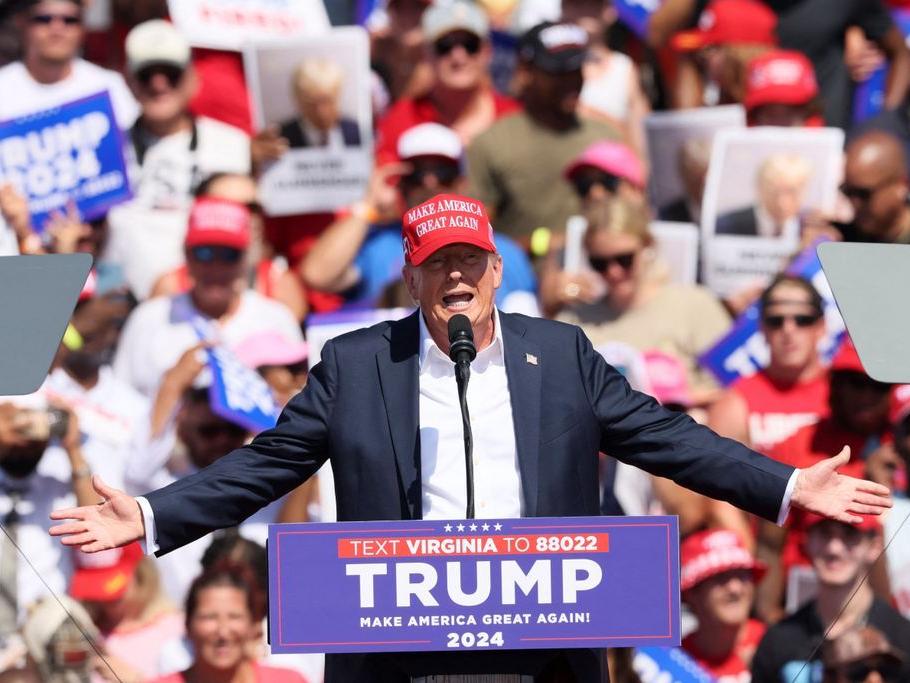The U.S. Supreme Court’s recent ruling on presidential immunity has dramatically altered the legal landscape for former President Donald Trump, potentially delaying his criminal trials until after the 2024 election. The decision grants sitting and former presidents broad immunity from prosecution for actions taken within their official capacity, but not for personal actions. This ruling has immediate implications for Trump’s pending cases, including the New York hush money case and the federal case related to the 2020 election interference.In response to this ruling, Trump’s legal team is seeking to overturn his conviction in the New York case, arguing that some evidence presented during the trial should now be considered inadmissible as it involves ‘official acts’. Judge Juan M. Merchan has already delayed Trump’s sentencing until at least September 18, 2024, to consider the potential impact of the high court’s decision.The Supreme Court’s ruling sets up a high-stakes ‘mini trial’ for Trump, expected to take place later this summer. This proceeding will focus on determining whether Trump’s actions were official or private, and thus whether he is entitled to immunity. The process is anticipated to be complex and time-consuming, with any ruling likely to be appealed, potentially pushing a jury trial into 2025 or beyond.Critics, including President Joe Biden, have expressed concern that the decision sets a dangerous precedent, potentially placing presidents above the law. Some legal experts argue that the ruling could lead to a situation where future presidents might abuse their power with impunity. The decision has been particularly criticized by liberal justices, who argue it effectively makes criminal prosecutions of former presidents ‘all but impossible’.As the legal and political ramifications of this ruling continue to unfold, it has become a central issue in the lead-up to the November presidential election. The decision’s impact extends beyond Trump’s cases, potentially reshaping the balance of power between the executive branch and the judiciary for years to come.
Key points
- The Supreme Court’s ruling grants broad immunity to presidents for official acts, potentially delaying Trump’s trials until after the 2024 election.
- Trump’s lawyers are seeking to overturn his New York hush money conviction based on the new immunity ruling.
- A ‘mini trial’ is expected to determine whether Trump’s actions were official or private, which could further delay proceedings.
- Critics, including President Biden, warn the ruling sets a dangerous precedent for presidential power.
Contradictions👾While some sources suggest the ruling benefits Trump by potentially delaying his trials, others argue it could backfire by requiring additional evidentiary hearings.
👾There’s disagreement on whether the ruling absolutely prevents prosecution of official acts or merely sets a higher bar for such prosecutions.
